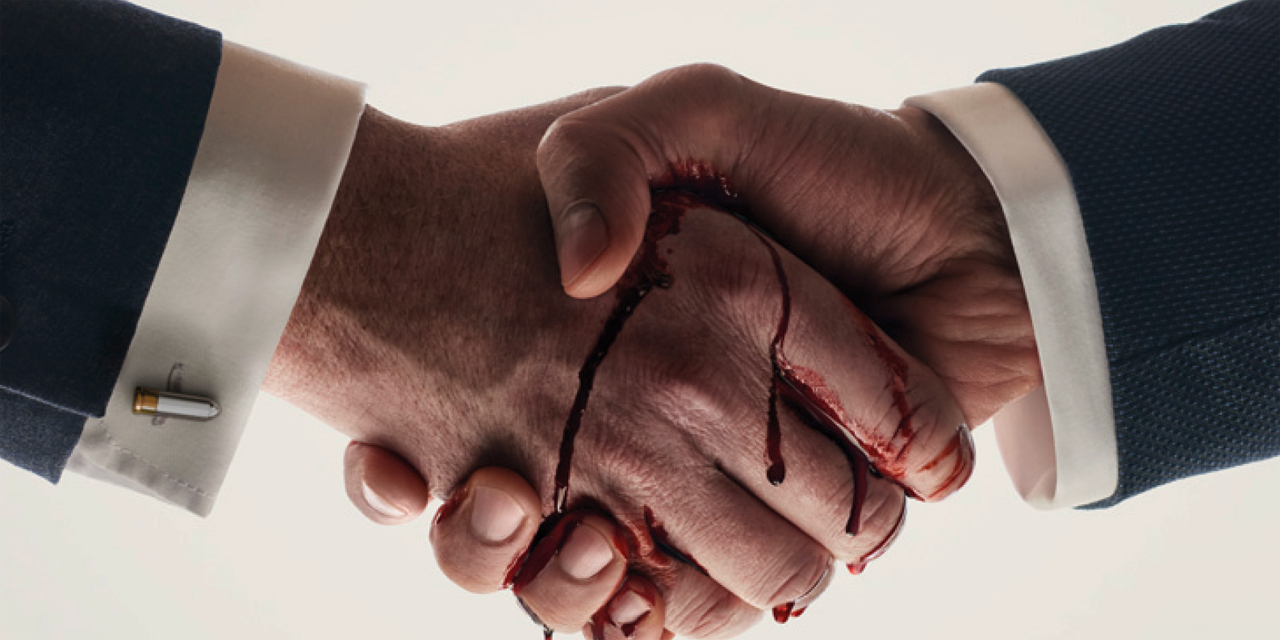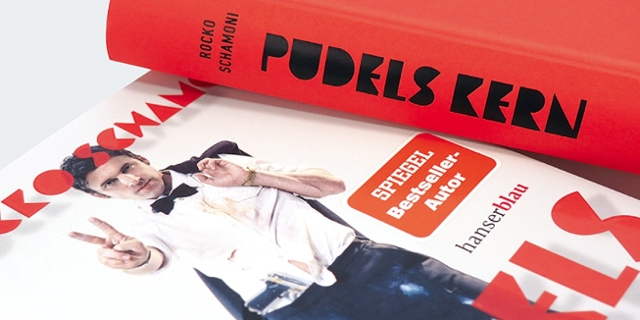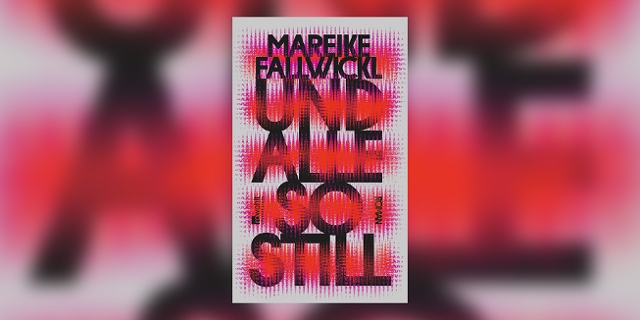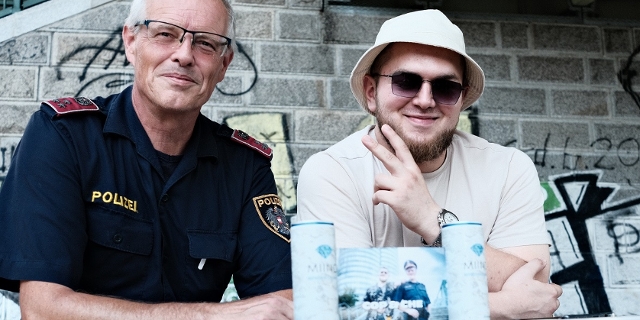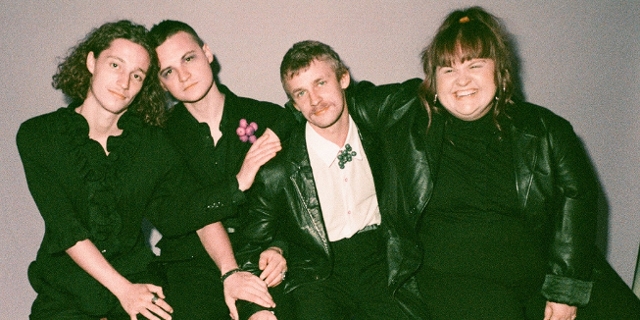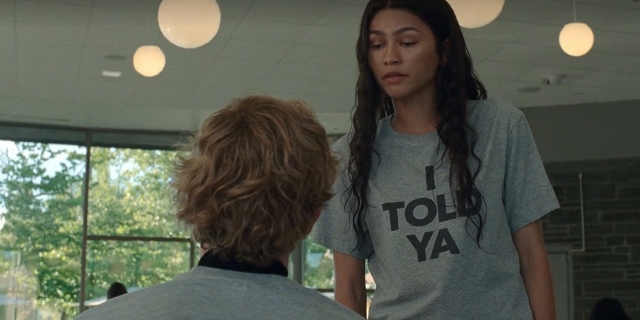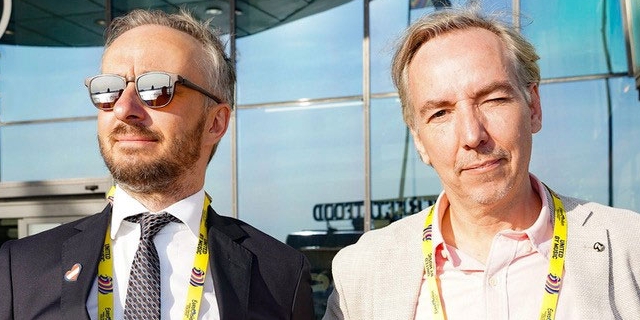The Mafia in a Globalized World
In December, two men were gunned down as they came out of a Schnitzel restaurant just 200 metres from St. Stephen’s Cathedral in Vienna. One of the men died at the scene and the second sustained life-threatening injuries. Viennese police have described the incident as an assassination linked to “organized criminality out of the west Balkan region.”
Mob violence in the 1st district? Austria’s media reacted with shock and consternation. These are the sort of stories you associate with the drug-ridden projects of Baltimore featured in the The Wire, or perhaps the wilds of Central Asia, but certainly not the refined and elegant environs of central Vienna.
Vienna as an organized crime hub
Yet organized crime expert Misha Glenny, author of the eye-opening and exhaustively researched book McMafia, says that for decades Vienna has been “a hub for high-level organized crime.”
As one of the first points of access to the European Union markets, Vienna, alongside London, says Glenny, is “notorious for money laundering or people making plans.”
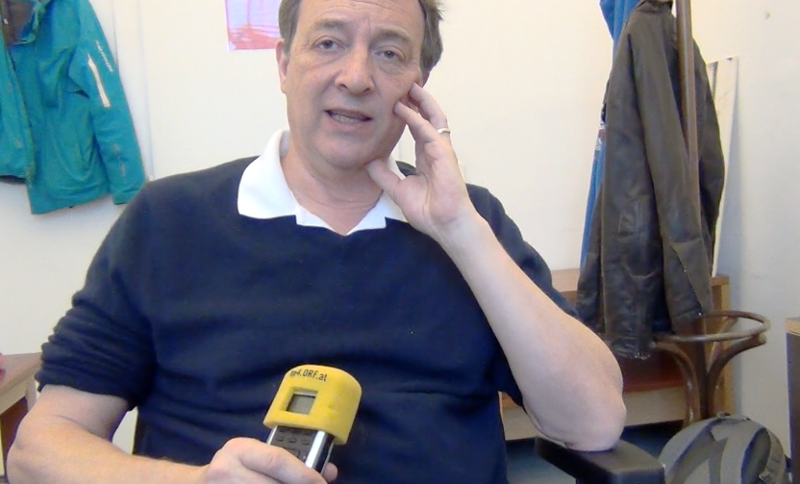
Chris Cummins
Usually, says Glenny, the mobsters are very careful to make sure their activities “fly under the radar” because bloodshed brings unwanted pressure from police, the media and politicians. That’s an unproductive distraction and bad for business. So such a spectacular case shows that “something is going on within or between organized crime groups that isn’t functioning properly.”
Mobbed-Up States
Misha Glenny, who is currently a visiting fellow at the Institute for Human Sciences, knows Vienna very well.
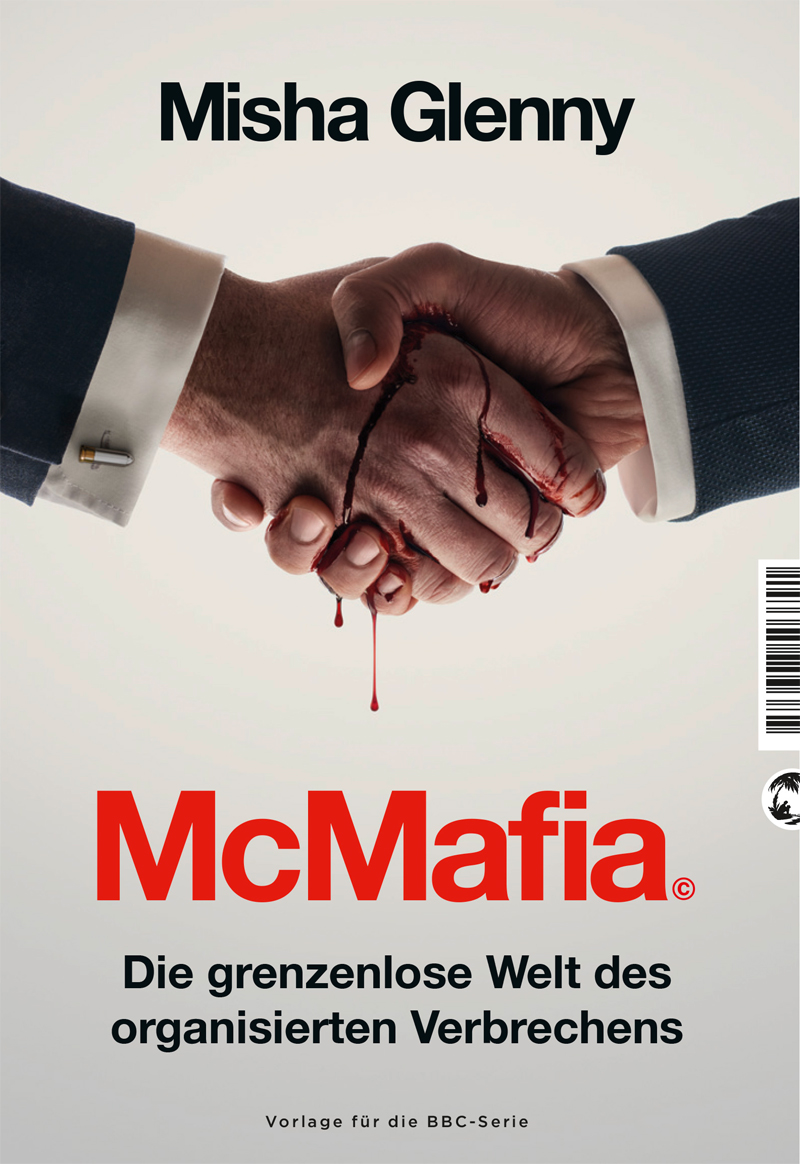
Klett-Cotta
Misha Glennys Buch ist 2018 auf Deutsch bei Klett-Cotta erschienen. Aus dem Englischen von Sebastian Vogel.
He was based in the city in his role as the BBC Central Europe correspondent in the late 1980s and 1990s. It was this role that first brought him into contact with the power of the gangs when the former Yugoslavia fell apart, leading to war between “mobbed-up” nationalist states eager to find quick income despite international sanctions.
Racketeering became a vital branch of war-funding and the lines between political power and organized crime became very blurred. He got to know the main players and a life-long fascination with what he calls the “shadow economy” was born.
Quick and Deep Roots
Once a country becomes dependent of organized crime it is very difficult to break free, says Glenny. “McMafia”, published a decade ago, is a horrifying catalogue of the cosy relations between the mob and leading politicians, particularly in Russia, Ukraine and the Balkans.
“Organized crime and the other side of the coin, political corruption, puts down roots very deeply and very quickly,” Glenny told me, “and once they have established themselves, it is extremely difficult to uproot them.”
It’s easy to disdainfully point at the recent leaders of countries such as Serbia or Montenegro or Bulgaria for their closeness to organized crime. A foul-mouthed transcript from a conversation of former Ukrainian President Leonid Kuchma, frothing with sweary rage and showing a disdain for legal institutions is a particularly grabbing section of “McMafia”.
White-Collar Crime Facilitation
But further West, politicians had aided the mobsters in less overt but equally dangerous ways. It is not co,incidence, claims Glenny, that London has become a favourite city for money-laundering particularly through the property market.
“We have a government at the moment which bleats on the whole time about taking back control, because of the whole Brexit debate, and yet in the borough of Westminster alone, in the centre of London, there are ten thousand properties owned by anonymous companies,” Glenny told me. “That is ten thousand properties whose real owner the government has no idea of. And for all we know they’re owned by Russian mafia, by Chinese gambling consortia, by Mexican cartels and by French arms dealers. We simply don’t know because the government allows this to go on.”
“McMafia” shows how the post-1980s globalisation, with its deregulation and laissez-faire intentional blindness, brought about an explosion in mob activity that will haunt us for decades.
Last year, his non-fiction book was turned into a glossy fictionalized TV series, also called McMafia, and he told me he is delighted with the results. He was integrated into the production process and says he was treated “like minor royalty” on set.
But more importantly, he says, the series, starring James Norton, brought the important issues raised in the non-fiction book “McMafia” to a large audience. “We finally managed to push through, although Theresa May is now trying to back pedal on it, a law which would outlaw anonymous companies and it is being dubbed by the media as the “McMafia law”.

Radio FM4
FM4 Interview Podcast
Glenny had many interesting things to say when we sat down for an extended FM4 Interview Podcast, including why he believes cannabis must be legalized across the world since “the war on drugs facilitates entry level organized crime across the world and it’s where organized crime makes most of its money.” We discuss why increased inequality in Europe means increased organized crime activity since “corruption is less prevalent in countries with a strong middle class.” He also describes his research deep in the favelas of Rio de Janeiro while trying to understand the dynamics of organized crime there.
Publiziert am 20.01.2019







